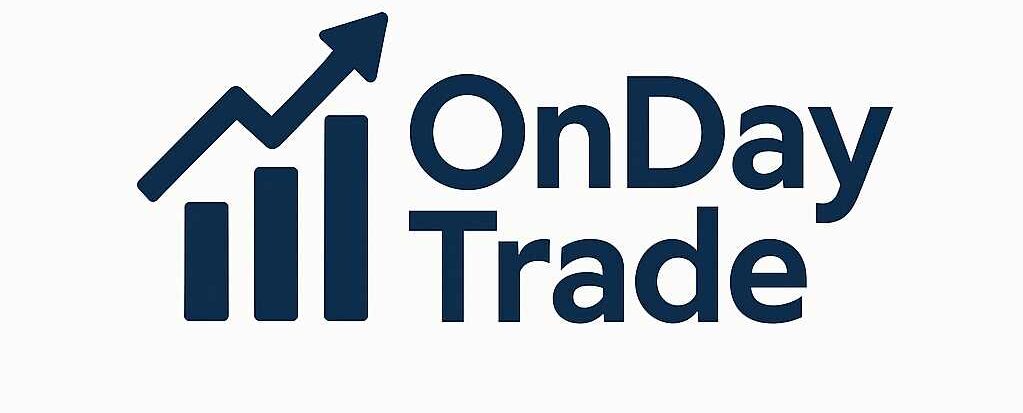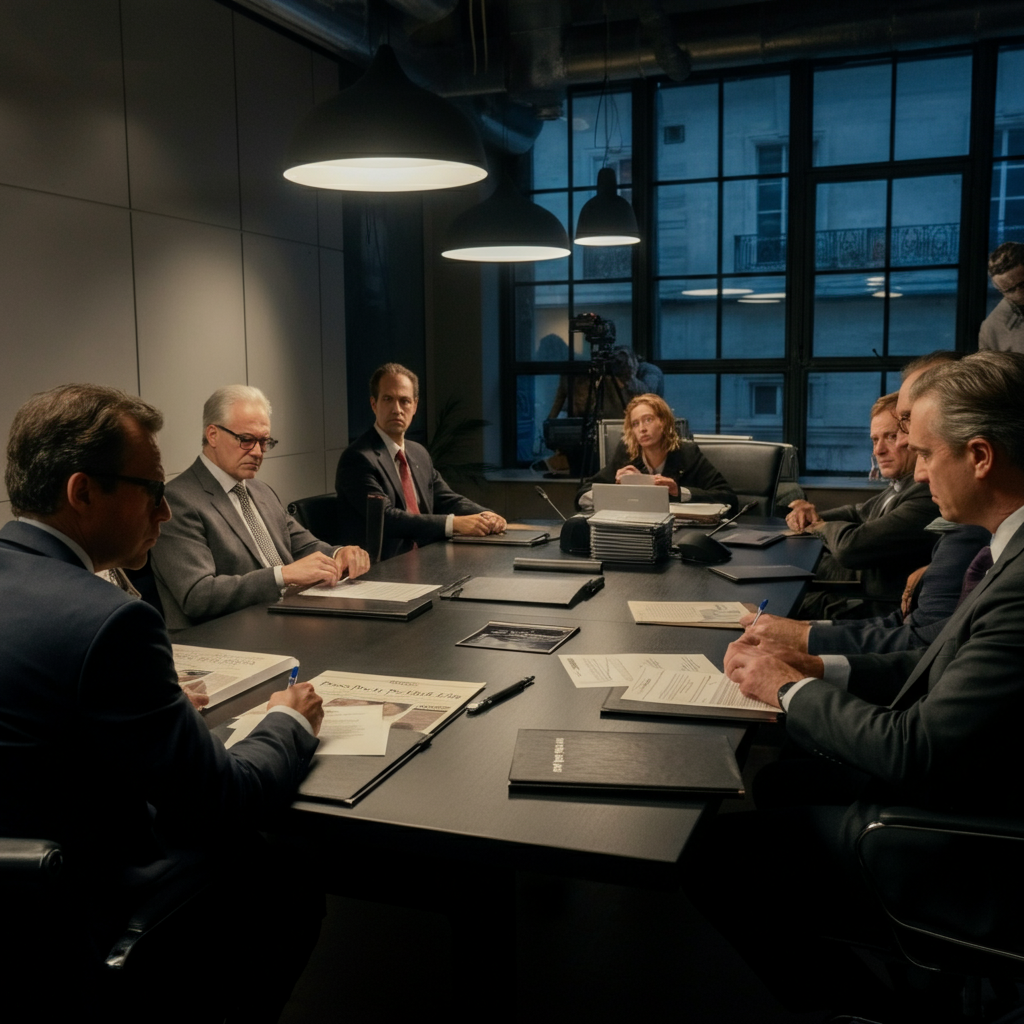German Arbitration Board rejects VG Media’s revenue demands against Google, citing unreasonable tariffs. Understand how ancillary copyright law affects publishers and news aggregators.
After several closed negotiations, the competent arbitration board at the German Patent and Trademark Office deemed the demands of some German press publishers, such as Springer, against Google to be excessive and therefore rejected VG Media’s applications.
“The tariff is unreasonable,” the decision states. “VG Media is unsuccessful and must bear the costs of the proceedings.” This still leaves no prospect of the publishers being able to divert the internet company’s revenues into their own coffers. In the years-long dispute over the application of ancillary copyright for press publishers, VG Media nevertheless declares itself victorious, arguing that Google’s obligation to pay compensation has been fundamentally upheld.
VG Media’s Initial Demands
As a collecting society, VG Media initially aimed for a tariff of 11 percent of search engine revenues. However, it reduced its demand to 6 percent, as it was only commissioned by around half of the publishers to represent their claims. The basis for assessment of the tariff was to be “all revenues generated by users from the operation of the respective search engine in Germany.” However, the arbitration board found this too high and therefore “inappropriate.” It considered the assessment basis used by the collecting society, the tariff-defined revenues of search engine operators and news aggregators, to be “too broadly defined.” As a compromise, it recommended that the parties to the dispute reach a settlement and agree on a minimum remuneration instead of a revenue-based tariff.
Arbitration Board’s Proposal on Word Limit
The arbitration board also proposed a specific word limit below which no obligation to pay compensation arises, even under the ancillary copyright law passed in 2013. It considers seven words, excluding search terms, to be an appropriate upper limit. Typical snippets on Google are currently several times longer. However, such severely abbreviated text excerpts would be less meaningful and would therefore significantly reduce the traffic publishers receive from Google – and would therefore be just as unwelcome to publishers as the complete omission of snippets.
Reactions to the Decision
Both sides see their positions confirmed by the decision. “Following the Federal Cartel Office’s decision, the arbitration board has now also rejected VG Media’s applications and clearly pointed out the inconsistency of the ancillary copyright law,” said Google spokesperson Kay Oberbeck. “Google is obligated to pay remuneration,” the collecting society, however, emphasized in its press release (PDF). Markus Runde, the managing director, stated, “The law remains in force.” He emphasized that Google utilizes press content across its various platforms in accordance with the Copyright Act. This means that important questions have been clarified by the expert arbitration board.
Bitkom sharply criticizes seven-word limit
The digital association Bitkom welcomes the rejection of VG Media’s demand, but also criticizes the continued legal uncertainty for start-ups and search engine operators. Innovative business models will be made even more difficult in the future, as the arbitration board has proposed a maximum length of seven words for the text snippets to be displayed in search results.
“Seven words hardly help internet users identify content that is relevant to them. Moreover, the derivation of the ominous seven-word limit is downright grotesque,” says Bitkom CEO Dr. Bernhard Rohleder. This fits in very well with the botched ancillary copyright law. The arbitration board bases its proposal to stipulate a seven-word limit for a snippet on copyright case law from the 1970s. At that time, it was ruled that seven private copies of an article were legally permissible.
Criticism of the Seven-Word Limit
“Going from seven photocopies of a newspaper article to seven words in web search results is quite remarkable. This could also have justified a maximum length of seven letters per word, seven snippets per search query, or a payment of seven euros per displayed result. If the courts had considered only two copies appropriate almost 40 years ago, we would probably have to make do with two-word snippets in 2015,” says Rohleder. “Anyone who thought the debate about ancillary copyright couldn’t get any more absurd was clearly mistaken. It looks like the legal battle will probably last another seven years.”
Appeal for the Repeal of the Ancillary Copyright Law
“After the arbitration ruling, Bitkom reiterated its call for the repeal of the ancillary copyright law.”
It argues that ancillary copyright law restricts freedom of information, endangers media freedom, and interferes with the economic freedom of the affected companies. At the same time, even without ancillary copyright law, press publishers have complete control at a technical level over whether and how their content is displayed in search engines.
“The law achieves nothing positive; instead, it leads to a multitude of complex, expensive, and lengthy legal disputes,” says Rohleder. The Arbitration Board of the German Patent and Trademark Office also apparently has doubts about the controversial law. Yesterday’s arbitration award states that “the contradictions in the assessment, given the current legal situation,” “cannot be satisfactorily resolved even with the best will in the world.” Rohleder: “There couldn’t be a better summary: ancillary copyright law must be abolished.”
More than two years after the controversial ancillary copyright law for press publishers was passed by the CDU-Yellow coalition, there is still uncertainty about its application.
The dispute is rooted in the excerpts from articles that Google displays in its news search. The ancillary copyright law, passed in 2013 and significantly watered down compared to previous drafts, exempts “individual words or very small text excerpts” from the regulation, which thus remain royalty-free. However, these snippets were precisely what the law was actually about. Longer or complete texts are already protected by copyright.
Arbitration Board’s Role
According to the Copyright Administration Act, the Arbitration Board at the German Patent and Trademark Office (DPMA) is responsible for disputes concerning royalties claimed by collecting societies. Its proposed settlements become binding unless the parties object. If an objection is raised, the next round of proceedings must be heard at the Regional Court. In this case, the dispute will “probably only find its way to the Federal Court of Justice in a few years.” expects the Initiative Against an Ancillary Copyright Law (IGEL) – a long way from bringing legal certainty.
The Dispute’s Origins
The dispute between publishers such as Springer and search engine operators was triggered by the Google News service. In June 2014, VG Media, on behalf of the publishers it represented, filed a complaint and civil lawsuit based on ancillary copyright law to prevent search engines from displaying content in their results without compensation. As a result, Google no longer displayed snippets from the publishers involved in the lawsuit. However, after a drop in access numbers, they gave Google permission to use their content free of charge in the form of small preview texts. Many online portals such as Focus Online, Handelsblatt.com, FAZ.net, Spiegel Online, Stern.de and Sueddeutsche.de did not join VG Media’s complaint from the outset. NetMediaEurope GmbH, which operates the IT magazines ZDNet.de, ITespresso.de, silicon.de, CNET.de and übergizmo.de, is also not represented by VG Media.

